Electronic payment and money transfer network eftpos on Tuesday announced contactless payments, or tap to pay, compatibility with Apple Pay through cards issued by Australia and New Zealand banking group (ANZ), allowing customers the option of paying for items with their checking and savings accounts.
The new integration allows users with ANZ eftpos Access cards to pay directly from their banking account, while avoiding high Visa and Mastercard transaction fees.
Widely accepted in Australia, eftpos is a contactless payments system that ties directly into a cardholder's account, identical to competing credit and debit card solutions, reports Business Insider. Unlike Visa and Mastercard processors that charge an estimated 0.55 percent of the transaction value to a customer's bank, eftpos fees can be as low as 0.15 percent.
Further, the option lets users to draw from their provisioned checking or savings accounts at checkout. The same functionality carries over to Apple Pay, complete with real-time transaction tracking.
"Today marks a significant milestone for EFTPOS as we move from our traditional card-based payment method into mobile, enabling consumers with an iPhone or Apple Watch to choose the EFTPOS account they wish their mobile payment to be made from, being either their [cheque or savings] account," said Paul Jennings, acting CEO at EFTPOS.
About 1.6 million ANZ customers will be able to take advantage of the new integration, according to the bank's products managing director Bob Belan.
ANZ was Apple's first major partner in Australia and is the only "big four" bank to offer Apple Pay support.
In a bid to protect valuable credit card transaction fees, Commonwealth Bank, National Australia Bank and Westpac sought regulatory approval to collectively negotiate with Apple and other contactless payment providers. Those plans included provisions to boycott services like Apple Pay if certain terms were not met, one of which involved accessing Apple's NFC technology.
The banks' gambit fell flat when the Australian Competition and Consumer Commission denied the authorization to collectively negotiate in March.
 Mikey Campbell
Mikey Campbell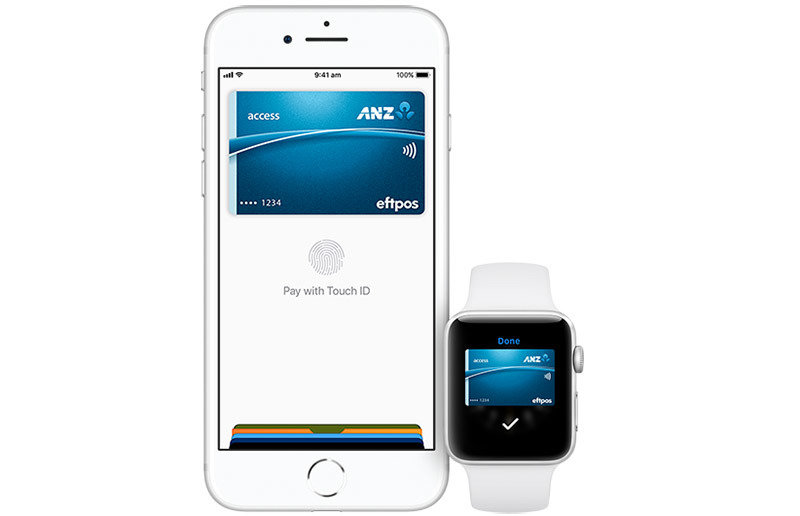





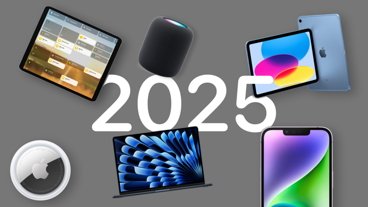
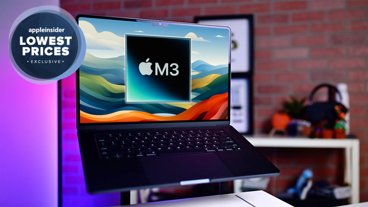

 Chip Loder
Chip Loder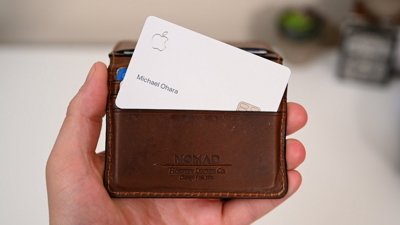
 Marko Zivkovic
Marko Zivkovic
 Malcolm Owen
Malcolm Owen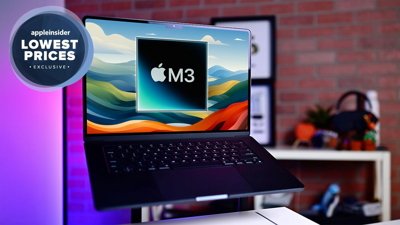
 Christine McKee
Christine McKee

 Sponsored Content
Sponsored Content

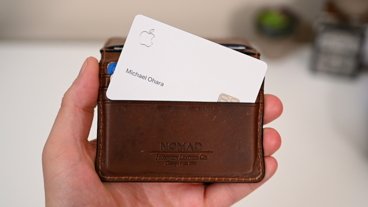








14 Comments
Yet another reason for consumers of the other three big banks to make the swap. Really hope they allow for ATM withdrawals using ApplePay soon although it's rare I need to withdraw cash these days.
Funnily enough I've decided to replace my iPod touch 6Gen and iPhone 4s with an iPhone SE 64GB which I bought just a few days ago and I tried using it on an eftpos machine that didn't say ApplePay yesterday and I was surprised that it worked. This must explain it.